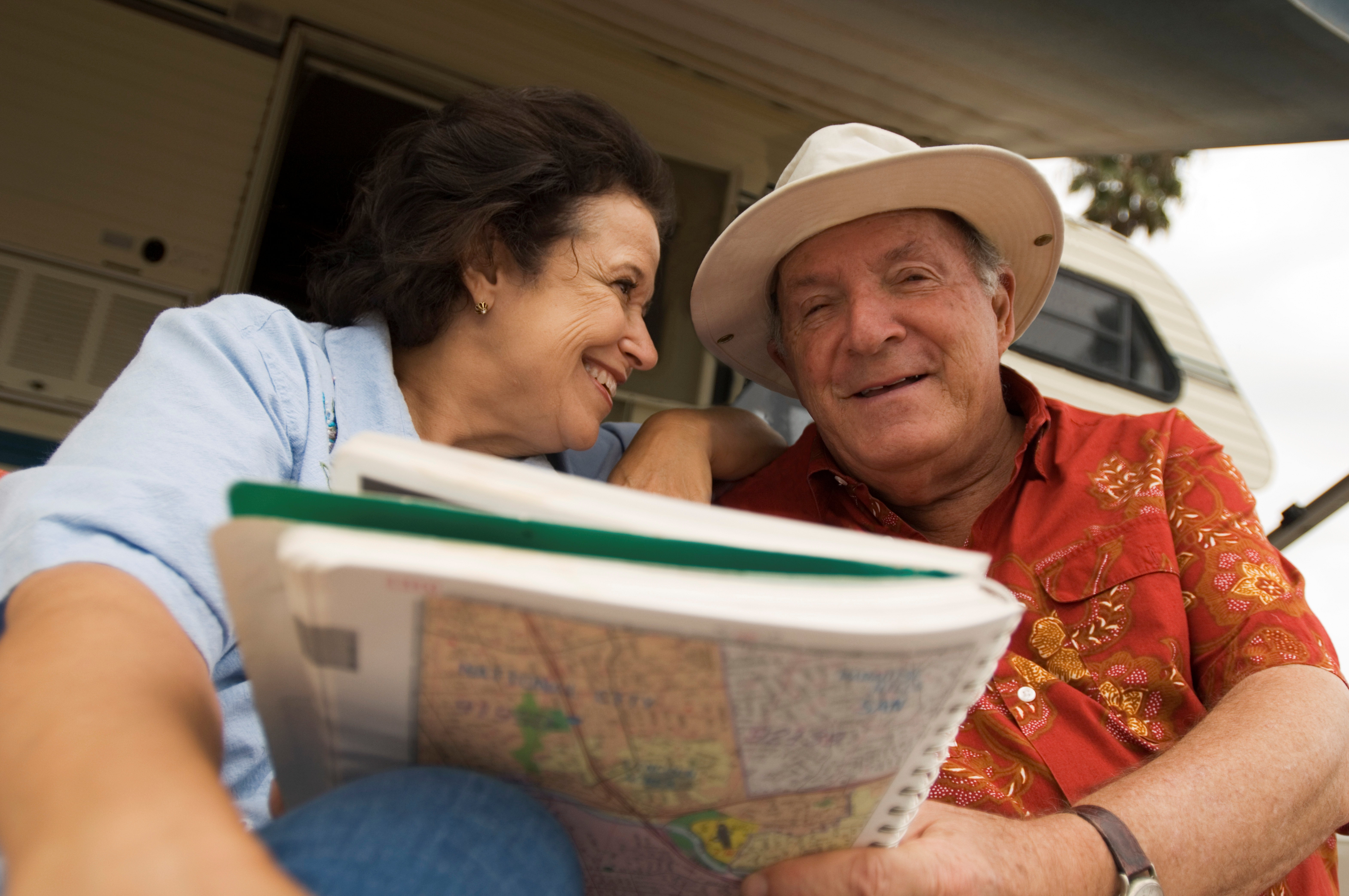By Thane Schulz
Summer is finally approaching, and it’s a wonderful time to get out to enjoy the beautiful warm weather. For many folks, it means traveling to see friends, explore new places, and learn about different cultures.
If you are thinking about traveling with a loved one who has dementia, it is wise to take some safety precautions. Someone with advanced stage dementia may get too confused, agitated or disoriented, but traveling can be great for those with early to mid-stage symptoms. Check with your doctor if you need help deciding.
If it is safe to travel, try choosing a location that will be interesting and exciting, but not too disruptive. Routines and consistency are important for people with dementia, so choose a destination that allows for a similar schedule. Also, try to consider accessibility. You don’t want to go somewhere that is dangerous or presents trip hazards everywhere.
The most important part is planning ahead. Partnering with the right supports, and having backup plans in place, helps insure an enjoyable and safe trip. Share your itinerary with family so they can contact you. Take the itinerary with you, and put a copy of it in a travel pouch your loved one can wear. You can even write precise directions in case you get separated. Disruption in schedule and environment can trigger wandering, even if this has never happened in the past, so having a portable wander guard alarm with you is helpful. However, always be aware of your loved one’s location and let the hotel staff know about any concerns. We also recommend putting identification, a medication list, and insurance information in the pouch so there is no chance they would be anywhere without it. (Keep a backup of everything with you, too!)
Airports can be intimidating for anybody, but especially for someone with dementia. Contact the airport and airline in advance to find out what special services are available for transportation and assistance through security. Try to remove barriers that could complicate the process. For example, opt for comfortable secure shoes, but that can slide on and off. Don’t wear metal, carry excessive pocket contents, or belts that are difficult to manage. Follow TSA guidelines regarding liquids and carry-on bags. Preparing your loved one by describing each stage of the process helps reduce anxiety. Once at your gate, you can request boarding assistance and special care while in flight.
As long as you take care in choosing your destination, communicate and work with the right partners along the way, and be prepared, you can have a wonderful vacation with your loved one. It might be just what you both need. If you have any questions, feel free to contact us and we would love to help you out. Enjoy your summer
About the Author:
Thane Schulz, MA MSW is Director of Programs at Allwel, an agency that provides home care services for people with chronic disease, Alzheimer’s/dementia, and other disabilities requiring physical and supportive care. Call 716-826-6245 ext. 217 and visit www.allwelcares.com to learn more.











